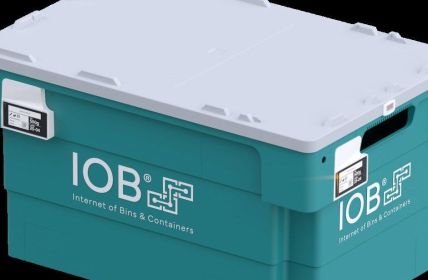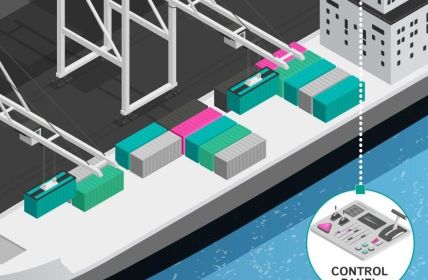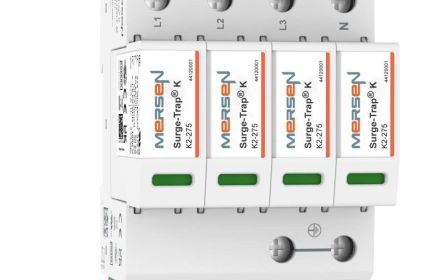The energy company Shell expects the implementation of artificial intelligence in its infrastructure to bring significant benefits in the transformation of the company towards climate neutrality. In addition to identifying potential savings, it also expects to reduce its own CO2 emissions.
Table of Contents: What awaits you in this article
Energy companies in focus
Energy suppliers worldwide are increasingly facing special interest, as they sit at one of the interfaces for the global agenda against climate change. Their business models of the present and future have a decisive influence on whether political, civil society and economic efforts against climate change bear fruit or not. If they persist in their current production and distribution channels for fossil resources, this goal is likely to fail.
Shell: Transformation underway
The British-based but globally active oil and gas company has decided to take the first steps toward energy efficiency. For this project, the company has enlisted the support of a number of IT providers. In addition to C3.ai and Microsoft, this group includes Databricks, with which Shell has had a very close partnership for seven years.
Hybrid clouds and AI for greater efficiency
The transformation of the 210 billion company is currently based primarily on IoT. In addition to a data lake solution and a hybrid cloud platform from Databricks, public clouds from Microsoft Azure and Amazon Web Services (AWS), as well as container technology from Kubernetes and Docker, are also being used. They incorporate various AI technologies, primarily to help optimize business processes and profits, as well as reduce emissions. Other solutions from the edge computing, IoT and blockchain sectors will also be applied.
Digitization to combat climate change
Hundreds of data scientists are working for Shell to teach artificial intelligence how to make work routines more efficient in the future via writing algorithms. This ranges from analyses to optimize the performance and maintenance of machines in use, where forecasts can be made about expected wear processes. And it extends to improved process loading times and more sustainable customer service.
All data at a glance
Shell’s strategy is to pool as much comparable information as possible in its own data pools. This means that anyone, anywhere can obtain a precise overview of the condition of the managed objects and their performance at any time. Everything from photovoltaic systems to wind farms and refineries to small-scale plants connected to the common grid can be monitored in real time. Information about related devices, their pressure or temperature developments etc, they all already generate 1.9 trillion data to be optimized.














